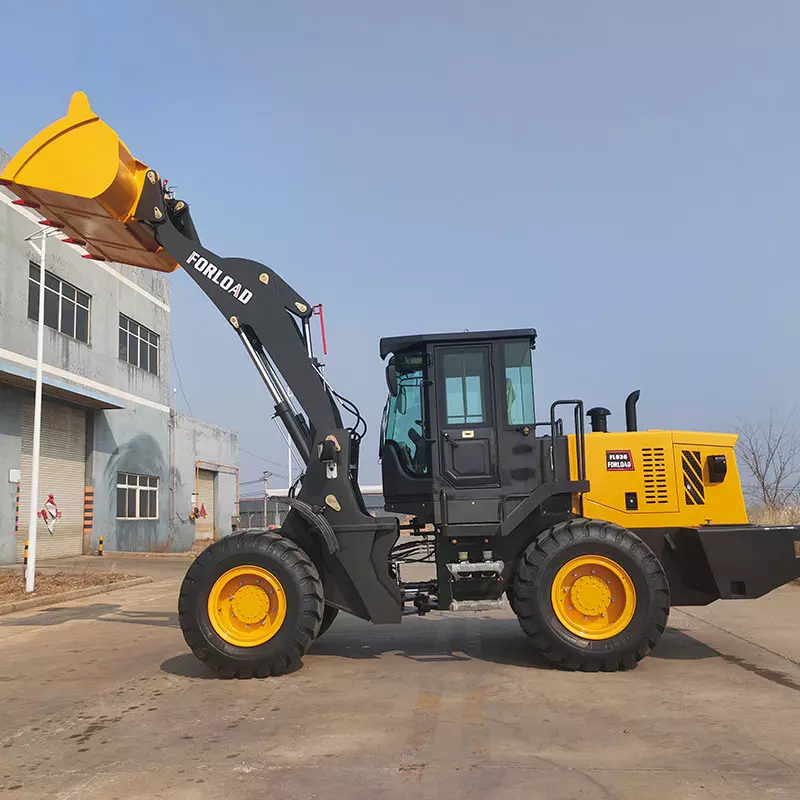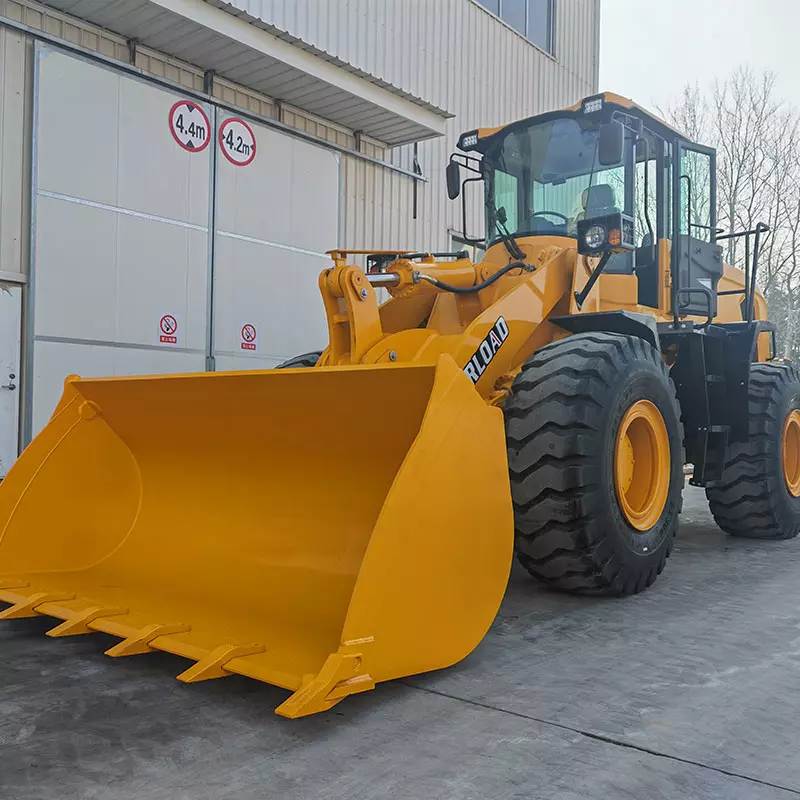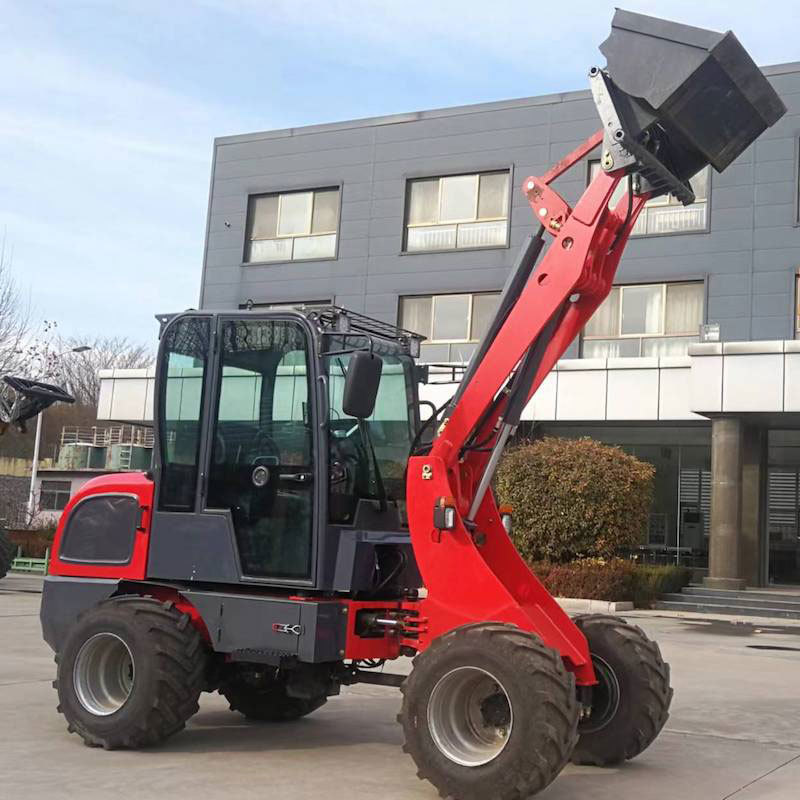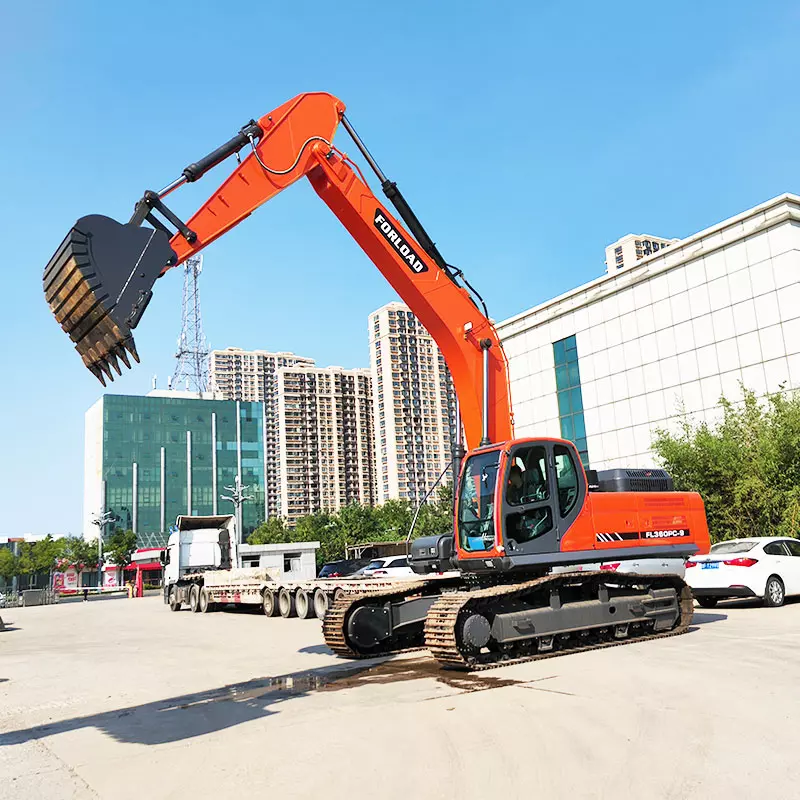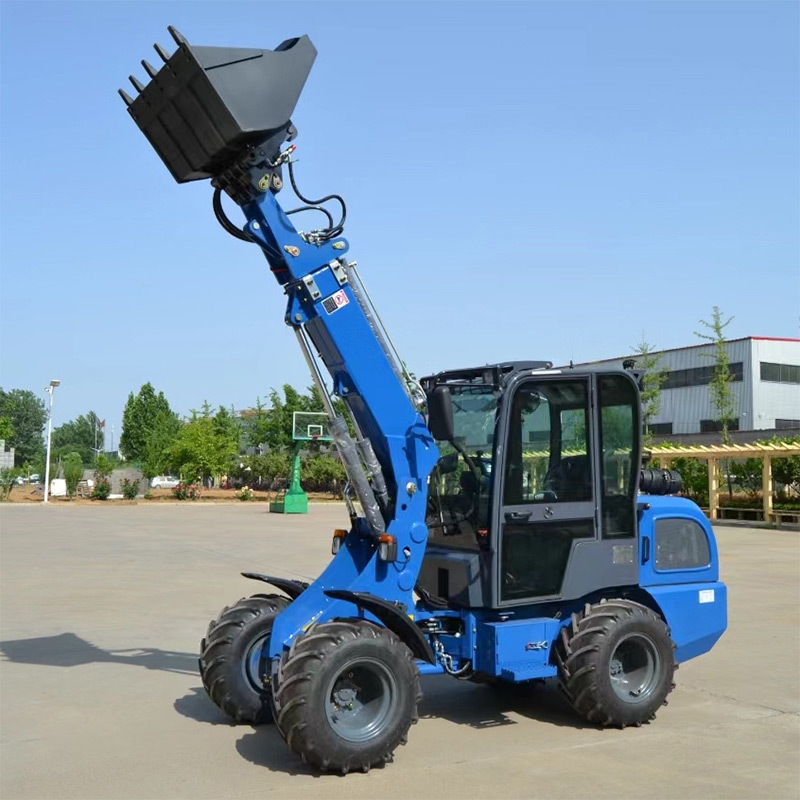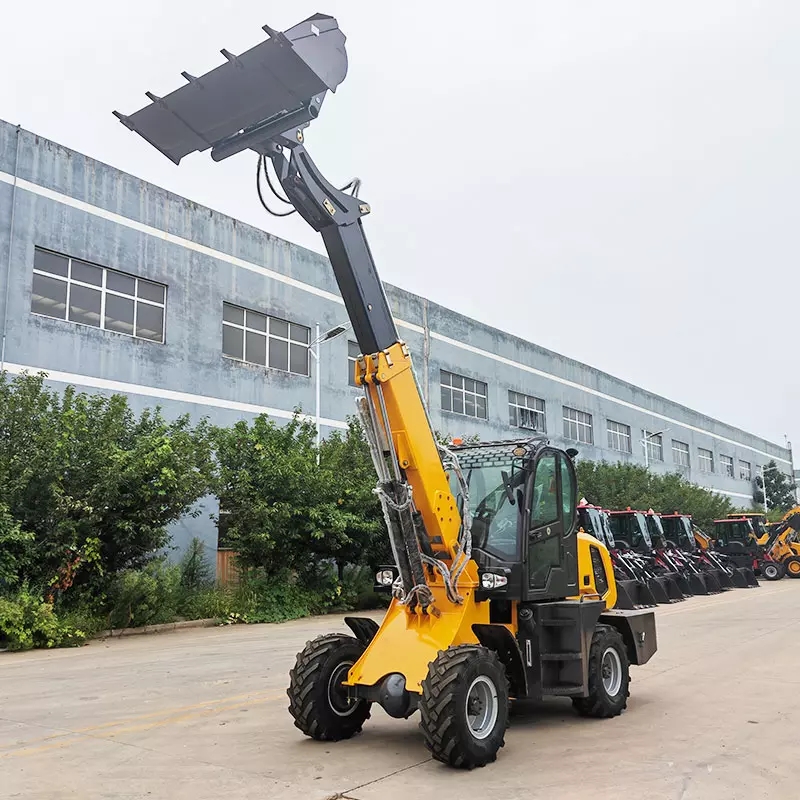NEWS CENTER
Why Choose a 3.5 Ton Diesel Forklift for Your Warehouse Needs?
Why Choose a 3.5 Ton Diesel Forklift for Your Warehouse Needs?
Table of Contents
1. Understanding the 3.5 Ton Diesel Forklift
2. Key Advantages of Diesel Forklifts
3. Efficiency and Performance in Warehouse Operations
3.1 Fuel Efficiency and Cost-Effectiveness
3.2 Power and Load Capacity
3.3 Versatility in Various Industrial Applications
4. Safety Features of 3.5 Ton Diesel Forklifts
5. Maintenance and Durability Considerations
5.1 Routine Maintenance Best Practices
5.2 Longevity and Reliability in Heavy-Duty Use
6. Choosing the Right Diesel Forklift for Your Warehouse
6.1 Factors to Consider Before Purchase
6.2 Comparing Diesel Forklifts with Electric and LPG Options
7. FAQs About 3.5 Ton Diesel Forklifts
8. Conclusion
1. Understanding the 3.5 Ton Diesel Forklift
In the realm of warehouse logistics, the **3.5 ton diesel forklift** stands out as a robust solution for a variety of material handling needs. Designed to lift heavy loads with precision and efficiency, these forklifts are equipped with powerful diesel engines that provide exceptional torque and reliability. Whether you are managing inventory in a large warehouse or need a reliable machine for outdoor use, a 3.5-ton diesel forklift can meet and exceed your operational requirements.
2. Key Advantages of Diesel Forklifts
When selecting equipment for warehouse operations, it's essential to consider the specific benefits that diesel forklifts offer:
1. **Higher Load Capacity**: Diesel forklifts, especially those in the 3.5-ton range, are engineered to handle heavier loads than their electric counterparts. This capability is crucial for warehouses dealing with substantial inventory.
2. **Better Performance in Tough Conditions**: Diesel engines tend to perform better in challenging environments, including outdoor applications. They can manage tough terrains and carry heavy loads without compromising on speed or efficiency.
3. **Extended Operational Time**: Diesel forklifts run longer on a single tank of fuel compared to electric forklifts that require frequent recharging. This extended operational time is vital for maintaining productivity in busy warehouse settings.
3. Efficiency and Performance in Warehouse Operations
A significant factor in choosing a forklift is its efficiency and performance capabilities. The 3.5-ton diesel forklift excels in this domain for several reasons:
3.1 Fuel Efficiency and Cost-Effectiveness
Diesel engines are known for their fuel efficiency. A 3.5-ton diesel forklift can operate for longer periods while consuming less fuel compared to other forklift types, providing considerable savings in operational costs. This efficiency is particularly beneficial for warehouses that require extended use of forklifts throughout the day.
3.2 Power and Load Capacity
The power generated by a 3.5-ton diesel forklift allows it to lift substantial weights with ease, often exceeding the capacities of electric models. This makes it an ideal choice for warehouses that manage bulk inventory, heavy machinery parts, or pallets of goods that require reliable lifting capabilities.
3.3 Versatility in Various Industrial Applications
From construction sites to logistics centers, the **versatility of a 3.5-ton diesel forklift** is unmatched. It can be used effectively indoors and outdoors, making it suitable for various industries, including logistics, manufacturing, and retail. This adaptability allows warehouses to maximize the utilization of their equipment across different operational needs.
4. Safety Features of 3.5 Ton Diesel Forklifts
Safety is paramount in any warehouse operation. A 3.5-ton diesel forklift incorporates several safety features, including:
- **Stability Systems**: These forklifts come equipped with advanced stability controls to prevent tipping, especially when handling heavy loads at height.
- **Operator Training Programs**: Many manufacturers provide comprehensive training programs to ensure operators are well-prepared to handle the equipment safely.
- **Visibility and Lighting**: Designed with operator visibility in mind, these forklifts often feature enhanced lighting and clear sightlines to minimize accidents.
5. Maintenance and Durability Considerations
Investing in a 3.5-ton diesel forklift also means considering long-term maintenance and durability. Proper maintenance can significantly extend the lifespan of these machines.
5.1 Routine Maintenance Best Practices
Performing regular maintenance checks, including oil changes, filter replacements, and tire inspections, is crucial. Establishing a routine schedule helps in identifying potential issues before they escalate, ensuring the forklift remains in optimal working condition.
5.2 Longevity and Reliability in Heavy-Duty Use
Diesel forklifts are built to withstand the rigors of heavy-duty use. With sturdy components and robust engineering, a **3.5-ton diesel forklift** is likely to outlast lighter models, making it a practical investment for warehouses focused on durability.
6. Choosing the Right Diesel Forklift for Your Warehouse
Selecting the right diesel forklift involves evaluating your warehouse needs carefully.
6.1 Factors to Consider Before Purchase
- **Load Requirements**: Assess the maximum weight and dimensions of products you will be handling.
- **Workspace Size**: Consider your warehouse layout, including aisle widths and height restrictions.
- **Usage Frequency**: Determine how often the forklift will be used daily to align with operational demands.
6.2 Comparing Diesel Forklifts with Electric and LPG Options
While electric and LPG forklifts have their benefits, the **3.5-ton diesel forklift** offers unique advantages in terms of load capacity, fuel efficiency, and performance in various environments. For warehouses that prioritize heavy lifting and extended operational hours, the diesel option often proves superior.
7. FAQs About 3.5 Ton Diesel Forklifts
What is the average lifespan of a 3.5-ton diesel forklift?
Typically, with proper maintenance, a 3.5-ton diesel forklift can last between 10 to 15 years, depending on usage and care.
Are diesel forklifts suitable for indoor use?
While diesel forklifts can operate indoors, proper ventilation is necessary due to exhaust emissions. It’s essential to assess your warehouse environment before deciding.
How do I determine the right size forklift for my needs?
Consider the weight of the loads you’ll be lifting, the space available in your warehouse, and the frequency of use to determine the right size.
What are the operating costs associated with a diesel forklift?
Operating costs include fuel, routine maintenance, and potential repairs. Diesel forklifts are often more cost-effective over time due to their fuel efficiency.
Can I rent a 3.5-ton diesel forklift instead of buying one?
Yes, many suppliers offer rental options for 3.5-ton diesel forklifts, which can be a cost-effective solution for short-term needs or fluctuating workloads.
8. Conclusion
Selecting a **3.5-ton diesel forklift** for your warehouse needs is a strategic decision that can enhance your operational efficiency. With their impressive load capacity, durability, and versatility, these forklifts are designed to meet the demands of various industries. By considering factors like maintenance, safety features, and operational costs, you can make an informed choice that not only improves productivity but also contributes to the long-term success of your warehouse operations. Investing in a diesel forklift is an investment in the future of your logistics, ensuring that you are equipped to handle the challenges of modern warehousing.
3.5ton diesel forklift







